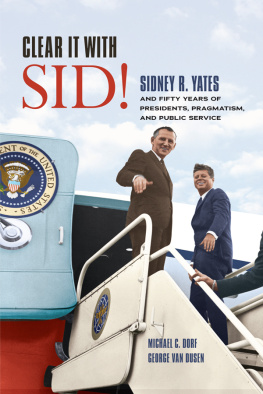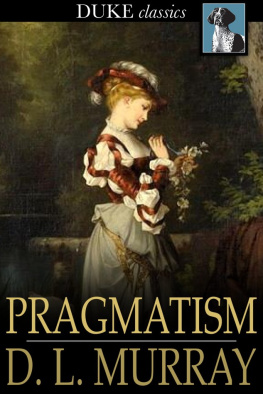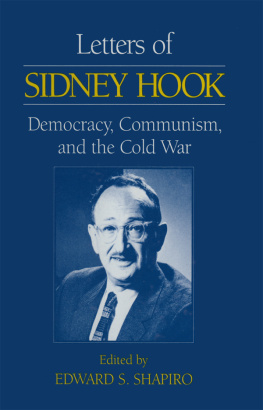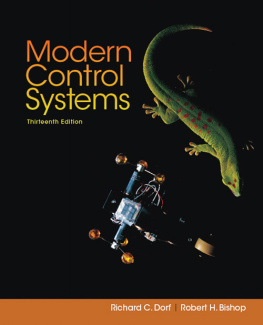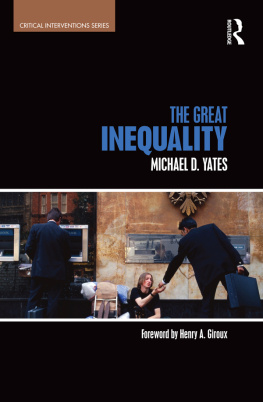2019 by Michael C. Dorf and George Van Dusen
All rights reserved
Library of Congress Cataloging-in-Publication Data
Names: Dorf, Michael C., author. | Van Dusen, George, author.
Title: Clear it with Sid! : Sidney R. Yates and fifty years of presidents, pragmatism, and public service / Michael C. Dorf and George Van Dusen.
Description: Champaign, IL : University of Illinois Press, [2019] | Includes bibliographical references and index.
Identifiers: LCCN 2018051408 | ISBN 9780252042447 (hardcover : alk. paper)
Subjects: LCSH: Yates, Sidney Richard, 19092000. | LegislatorsUnited StatesBiography. | United States. Congress. HouseBiography. | United StatesPolitics and government19451989. | United StatesPolitics and government19891993. | United StatesPolitics and government19932001.
Classification: LCC E840.8.Y38 D67 2019 | DDC 328.73/092 [B] dc23 LC record available at https://lccn.loc.gov/2018051408
E-book ISBN 978-0-252-05128-9
Cover image: Yates with President John F. Kennedy on Air Force One in 1962. (Sidney R. Yates Papers, Chicago History Museum)
To our wives, Maury Collins and Susan Van Dusen:
We would never have met either of you
but for Sid Yates, and we are eternally grateful
that both you and Mr. Yates were part of our lives.
When Abraham Lincoln was a candidate for Congress, he attended a church service conducted by Rev. Peter Cartwright. In the course of his sermon, Reverend Cartwright posed the question, How many here want to go to Heaven? After noting the response, he asked, How many want to go to Hell? Again, he noted the response. Lincoln, however, failed to indicate a preference for either place, which provoked Cartwright to remark, Abe Lincoln, you haven't answered at all. If you don't want to go to Heaven and if you don't want to go to Hell, where do you want to go? Why, said Lincoln simply, I want to go to Congress.
Sidney R. Yates Newsletter No. 233
ACKNOWLEDGMENTS
In preparing this narrative on Sidney Yates, we have drawn on an array of sources. Although Yates passed away in 2000 at the age of 91, many of his congressional colleagues and other elected officials made themselves available for interviews or correspondence, sometimes both, and provided important insights into the inner workings of the House and of Yates's chairmanship of the House Appropriations Subcommittee on the Department of the Interior and Related Agencies as well as his personal life. They included current and former legislators such as Senator Dick Durbin, and Representatives Nancy Pelosi, Jan Schakowsky, David Obey, and Ralph Regula, former Illinois Governor James Thompson, and former Idaho governor and Secretary of the Interior Cecil Andrus.
The congressman's daughter-in-law and grandson, Debra Yates and Jonathan Yates, provided delightful reminiscences, as did his sister-in-law, Doris Holleb, who gave us insight into Yates's World War II service years and his early forays into politics.
The papers of many of those associated with Yates have been explored, including those in the National Archives and the presidential libraries of all of the presidents from Harry Truman through Bill Clinton. Responding to a Freedom of Information Act request, the Federal Bureau of Investigation provided its files on Yates.
The Research Library of the University of Illinois at Chicago extended us every courtesy in helping us comb through the papers of Mayor Richard J. Daley. The curators at the Paul Simon Center at Southern Illinois University and the Dirksen Congressional Center in Pekin, Illinois, couldn't have been more helpful. Geoffrey Swindells at Northwestern University Library assisted in helping us track down all manner of public documents. The outstanding research librarians at the Skokie Public Library and the John M. Flaxman Library at the School of the Art Institute of Chicago (SAIC) were unceasing in their help in obtaining even the most obscure publications. The librarians at all these institutions are a resource to the nation in its continuing quest to examineand re-examineour history and our perpetually changing democratic institutions.
We owe a special debt of gratitude to Professor Dick Simpson, chairman of the Department of Political Science, University of Illinois at Chicago, who has encouraged us in our work on this project. At the Chicago History Museum, the repository of Yates's papers, Gary Johnson, president; Olivia Mahoney, senior curator; Julie Wroblewski, archivist; and Adam Melville, project archivist, went above and well beyond the call of duty.
We wish also to thank Peter Kovler and the Blum-Kovler Foundation, which provided seed money for this project; Madge Goldman and the Gabriella and Paul Rosenbaum Foundation, who underwrote the professional curating of Yates's papers at the Chicago History Museum; and SAIC, which provided sabbatical support.
Special thanks are due to Vicky Varga, assistant to the mayor of the Village of Skokie, and to the attorneys and staff of Adducci, Dorf, Lehner, Mitchell & Blankenship, PC, who provided ongoing support and encouragement as this work progressed.
We are grateful for the assistance and nurturing provided to us by the editors and staff of the University of Illinois Press and particularly to Senior Acquisitions Editor Daniel Nasset, who encouraged our efforts to bring Sid Yates to a larger audience. We give particular thanks to our copy editor Geof Garvey, and to Faith Brabenec Hart, who provided copy editing and indexing services. Both provided sound critiques and valuable suggestions.
Many others have contributed to this project and are listed in the bibliography. Many of the interviewees listed are not cited for direct quotations in the endnotes but provided valuable background information.
A word about the relationship of the authors to Sidney Yates is in order. Both authors worked for the congressman for several years in his legislative offices in Washington and Illinois and during his election campaigns. We knew him wellwarts and all. Many of our observations are retold in these chapters. Over the years, we came to know many of the participants and were told of their firsthand experiences with Yates and the events as they unfolded. Many of the events recounted took place in our presence, and we have sought to corroborate these events through outside sources.
This book would not have been possible without the cooperation of the late Mary Anderson Bain, longtime personal friend and chief of staff, then called administrative assistant, to Congressman Yates. She was present at almost all the important junctures of his career, providing unswerving loyalty and clearheaded advice. Mary Anderson was born in DeKalb, Illinois, on September 19, 1911, attended local schools, and received a bachelor's degree at what is now known as Northern Illinois University in 1931. A staunch FDR liberal, she became chairman of the DeKalb County Democratic Organization, admittedly a small group in that Republican stronghold, in 1932. After a few years of teaching, she became director for the Illinois Northern District of the New Deal's National Youth Administration (NYA), and later, Illinois state director of the NYA, the youngest state director in the nation, and one of only a handful of women directors. During World War II, Mary was deputy director of the War Manpower Commission for Illinois and later Illinois director of the United States Employment Service. During this time, she became close friends with Franklin D. Roosevelt intimate Harry Hopkins; Aubrey Williams, FDR's head of the NYA; and Eleanor Roosevelt, who took interest in the career of the young female liberal, almost six feet tall, slender, and with striking good looks. Mary's stories of all-night poker games with Hopkins as they rode the rails became legendary.

